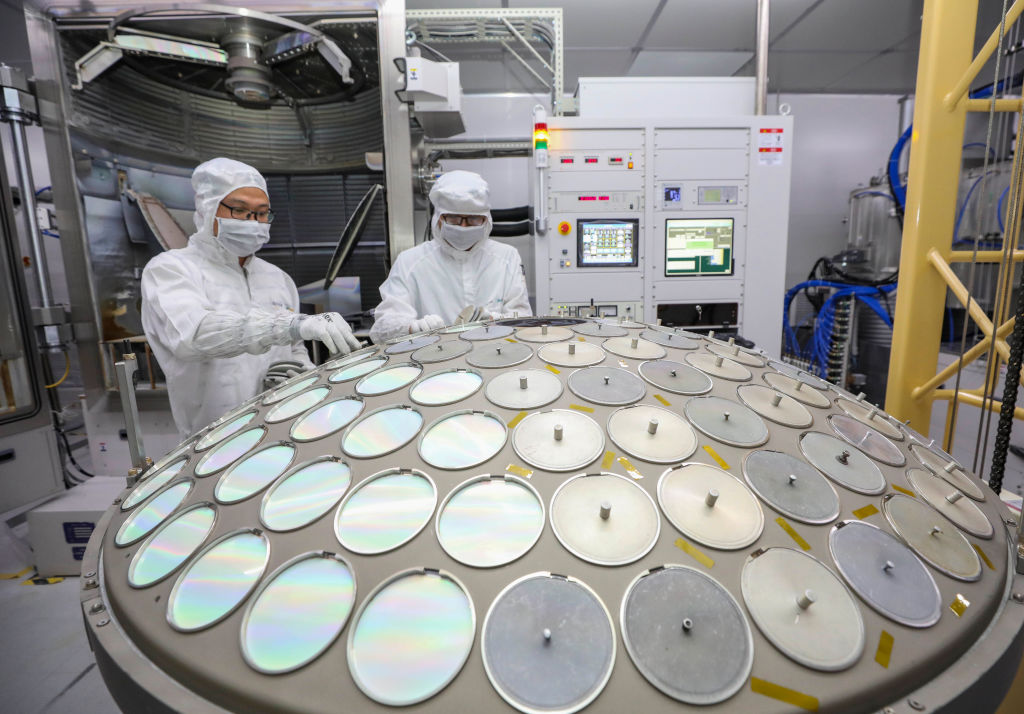Graeme Dobell

China’s President Xi Jinping and US President Joe Biden give fresh shoves to the decoupling that will define this new world. Decoupling of trade and tech shapes the contours of strategic competition.
Biden last month lunged at Beijing’s throat by banning the sale of semiconductors and chip-making technology to China.
‘A superpower declared war on a great power and nobody noticed,’ was Edward Luce’s comment in the Financial Times. Biden had launched a ‘full-blown economic war on China—all but committing the US to stopping its rise—and for the most part, Americans did not react’.
America’s reaction was relatively low key because elements of the world being born are already the established reality. Given the reality, US policy responses follow.
The ‘dramatic escalation of the technology war,’ Carl Bildt writes, is bound to have equally dramatic economic and political consequences: ‘The new chips war eliminates any remaining doubt that we are witnessing a broader Sino-American decoupling. That development will have far-reaching implications—only some of them foreseeable—for the rest of the global economy.’
Computer chips are to this century what oil was to the 20th century. Thus, the economic war/technology war discussion summons a dark echo: the US imposed a total oil embargo on Japan in 1940 because of its invasion of French Indochina; Japan’s response was delivered at Pearl Harbor. Tokyo’s dire choice on 7 December 1941 was to risk national suicide rather than suffer loss of face.
Economic war has a violent and unpredictable twin.
China’s thinking on Taiwan—and any unification timetable—has a semiconductor dimension that’s now red hot, perhaps a new red line.
No comments:
Post a Comment